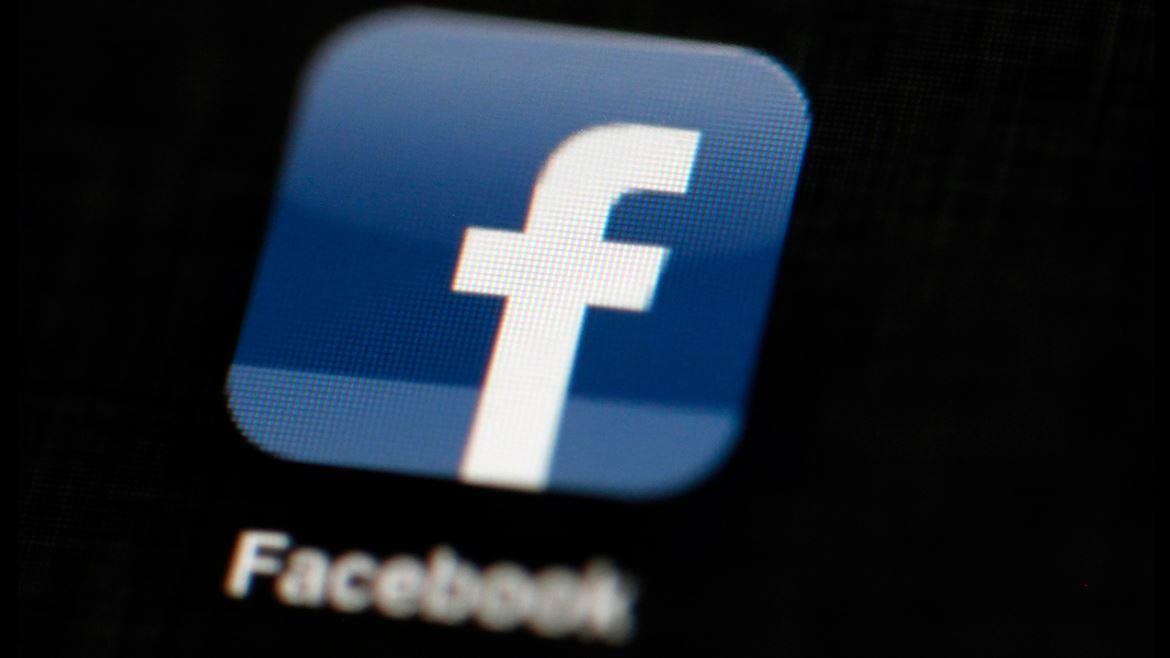Unfriended: Facebook shuts down pro-Trump pages run by Ukrainians
Facebook has shut down several popular pages that supported President Trump after a report showed they were managed by Ukrainians who were recycling memes shared by Russian disinformation groups during the 2016 campaign.
One of the removed pages, titled “I Love America,” which typically uploaded memes about patriotism, Jesus and cute dogs, boasted 1.1 million followers, journalist Judd Legum reported in his newsletter Popular Information.
But in recent weeks, the page, run by 10 Ukrainians, began circulating more positive content about Trump, a development that coincided with Trump’s reported urging of the Ukrainian president to investigate work done by Hunter Biden, son of Democratic presidential frontrunner Joe Biden, for a Ukrainian gas company.
The work was performed at the same time the Obama administration was actively working with the country's government to fend off Russian meddling, and Trump has said it should be reviewed for any signs of corruption. Biden says such claims are unfounded.
Facebook didn't immediately respond to a request for comment from FOX Business about Legum's report, which showed “I Love America” posting content from Russia’s Internet Research Agency. U.S. intelligence agencies say fake Facebook pages from the Kremlin-linked organization buoyed Trump's campaign in 2016.
Over the past 90 days, the pages have garnered 30 million interactions with people who liked, shared or commented -- more than The Washington Post and The New York TImes, some of Facebook’s top publishers.
Although Facebook initially told Legum the page didn't violate its policies -- including one against “coordinated inauthentic behavior” -- the social media behemoth later took the page down, citing rules against spam accounts.
The company is “continuing to investigate for any further violations,” a Facebook spokesperson told MarketWatch.
Although CEO Mark Zuckerberg initially resisted accusations that misinformation posted on Facebook affected 2016 election, he changed tack in 2017.
Russian Facebook groups spent $100,000 that year to purchase political ads, many of which focused on controversial topics such as immigration and race.
By the end of the year, Zuckerberg was vowing to “fix” Facebook, acknowledging the company made “too many errors" enforcing its policies and preventing misues of its tools.
"The world feels anxious and divided, and Facebook has a lot of work to do -- whether it's protecting our community from abuse and hate, defending against interference by nation states, or making sure that time spent on Facebook is time well spent," Zuckerberg wrote.
In 2018, the company strengthened efforts to identify inauthentic posts, particularly during elections, adding a "war room" and introducing new artificial-intelligence tools to bolster monitoring.
The initiatives have yet to alleviate government scrutiny, and some Republicans have accused Facebook of using them as a cover for suppressing conservative opinions.




















